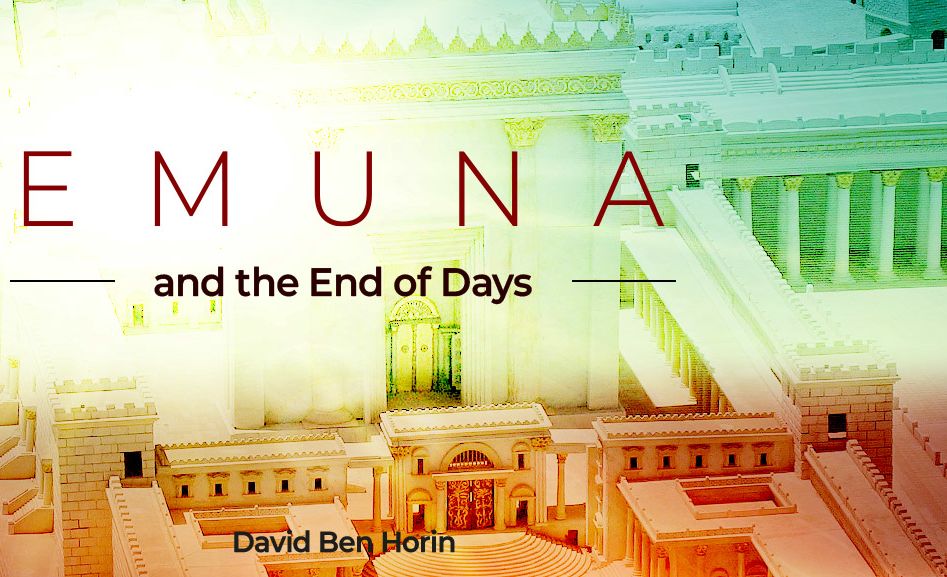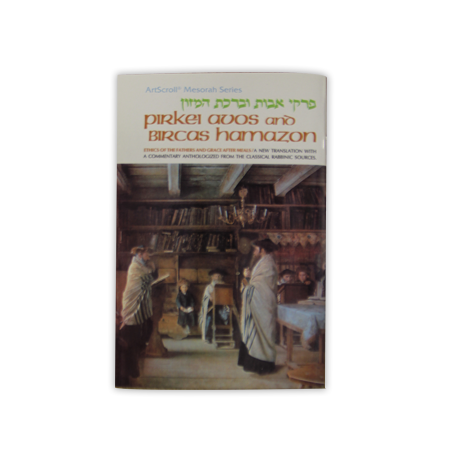
The Powerless Superpowers
Curious about what will happen at the end of our exile? The Kalever Rebbe tells us - just look at current events!

“I have dealt harshly with Egypt… so that you may know that I am the Lord.” (Shemot 10:2)
The Example of Egypt
The Chafetz Chaim zt”l used to say, that if someone wants to understand what will happen at the end of galut, the exile, just before the arrival of the Mashiach, one should study the events that occurred at the end of the Egyptian exile.
During the era described as the “heels of Mashiach”, Hashem will orchestrate events similar to that period, as it is written (Micah 7:15), “As in the days when you left the land of Egypt, I will show you wonders“.
If you look at certain events that are unfolding around the world today, you can see patterns that resemble the period before Yetziat Mitzrayim. You can clearly see this correlation when considering how Hashem demonstrates the powerlessness of arrogant individuals, in whom people place their trust, just as He showed the Egyptians’ helplessness during the Yetziat Mitzrayim.
Here are some examples:
1) The Plague of Frogs began with one large frog. The Egyptians wanted to destroy it, so they hit it, and each time they hit it, it multiplied into many more frogs (Sanhedrin 67b), demonstrating that people are unable to annul a decree that is meant to afflict a specific place.
Similarly, in our times, people who believe that they can eliminate a threat from terrorists etc., often fail, and the problem continues to worsen, to everyone’s dismay.
2) The Plague of Pestilence and the Plague of the Firstborn showed that even the greatest experts in science and medicine were unable to save people and animals from plagues.
Today, despite advancements in science and medicine, humanity often stands helpless against tiny organisms and bugs that Hashem plagues the world with.
3) The Egyptian sorcerers were afflicted during the Plague of Boils. These individuals celebrated their own power and wisdom, showcasing their marvelous feats before audiences, while mocking those who believed in Hashem. They suffered during this plague more than the other Egyptians (Yalkut Shimoni, Remez 184). Everyone saw their helplessness.
Similarly, in our times, society’s so-called “idols”— the wealthy, the celebrities and the wise, admired by the masses — are sometimes struck with illness, fires, or other calamities, rendering them utterly powerless.
4) The Egyptians prided themselves on being an economic superpower, selling high-quality grain irrigated by the Nile. However, their primary source of income was suddenly destroyed during the Plague of Locusts as these insects consumed their crops destroying their entire economy.
Likewise, in our times, nations and major corporations sometimes suddenly lose a significant portion of their assets or become completely irrelevant.
5) At the climax of redemption, Hashem demonstrated, that the Egyptian military, the strongest army of its time, equipped with the finest warhorses, acted foolishly by charging into the sea. They drowned and this mighty army was annihilated.
Today, good soldiers from leading armies, equipped with advanced weaponry, sometimes make big mistakes.
All these events are divinely orchestrated to take place in the era just before the arrival of Mashiach, because, for the Jewish people to merit redemption, they must strengthen emunah and place their trust solely in Hashem.
The End of Days
The Ohev Yisrael of Apt, zt”l, taught that this is explains the reasons that Yeshayahu, in the second chapter, describes that during this time period before the long awaiting arrival of Mashiach, people will realize that everything – wealth, military strength, and other elements that drive human arrogance – are ultimately solely under Hashem’s control, and that man is powerless. Therefore, the prophet concluded, “And the Lord alone shall be exalted on that day…” The Jewish people must first acquire faith and trust in Hashem and, through that, they will merit the final and complete redemption.
Towards the end of Sotah, the Tanna describes the suffering that will occur before Mashiach arrives, and concludes, “Upon whom can we rely? Upon our Father in Heaven.” This is emunah. And, when the Jewish people have this level of faith, it will bring an end to all the suffering and usher in the redemption.
Dovid HaMelech wrote (Tehillim,146:3-5), “Do not place your trust in princes, in a human being, who has no salvation. Happy is he who has the God of Yaakov for his help, whose hope is in the Lord his God“. He also said (Tehillim 55:23), “Cast your burden upon Hashem, and He will sustain you…” Meaning, you can merit Hashem’s help after you have strengthened your faith and trust in Him.
Observe and Learn
A story illustrates this point.
There once was a chassid who came to R’ Menachem Nachum of Rachmastrivka, zt”l, lamenting that he faced a severe court case with no legal defense in sight.
The Rebbe told him: “My father (R’ Yochanan of Rachmastrivka, of blessed memory) explained the phrase in the piyut (liturgical poem) that says “Hashem’s salvation comes in the blink of an eye” means that when the ‘eye relaxes’ and stops looking for someone to help them, and instead, yearns and relies solely on Hashem for his salvation, that is precisely when Hashem’s salvation comes.”
Each person needs to practice this principle, by making it a habit, that whenever they witness the downfall of people, the bankruptcy of companies, or the destruction of nations that many have placed their trust in, they should reflect on the broader lesson: even those who have not yet fallen are not worthy of [our] reliance. One must trust only in Hashem.
The Tiferet Shlomo of Radomsk, zt”l, taught that this is the meaning of the pasuk (Tehillim 118:8): “It is better to take refuge in the Lord from trusting in men…” You can reinforce one’s trust in Hashem by observing what happens when people place their trust in men.
Based on this, we can understand the reason that Hashem commanded the Jewish people, “And so that you may recount in the ears of your son and your grandson how I have dealt harshly with Egypt and My signs that I have placed among them…” Jews must constantly recount and learn from the way that Hashem deals with those who put their trust in their own strength.
And, when they do that, they will “know that I am the Lord“. It will help them achieve a pure, perfect and clear emunah; to truly trust in Hashem, strengthening their tefillot, and ultimately, they will merit redemption.
***
The Kalever Rebbe is the seventh Rebbe of the Kaalov Chasidic dynasty, begun by his ancestor who was born to his previously childless parents after receiving a blessing from the Baal Shem Tov zy”a, and later learned under the Maggid of Mezeritch zt”l. The Rebbe has been involved in outreach for more than 30 years and writes weekly emails on understanding current issues through the Torah. Sign up at www.kaalov.org.











Tell us what you think!
Thank you for your comment!
It will be published after approval by the Editor.